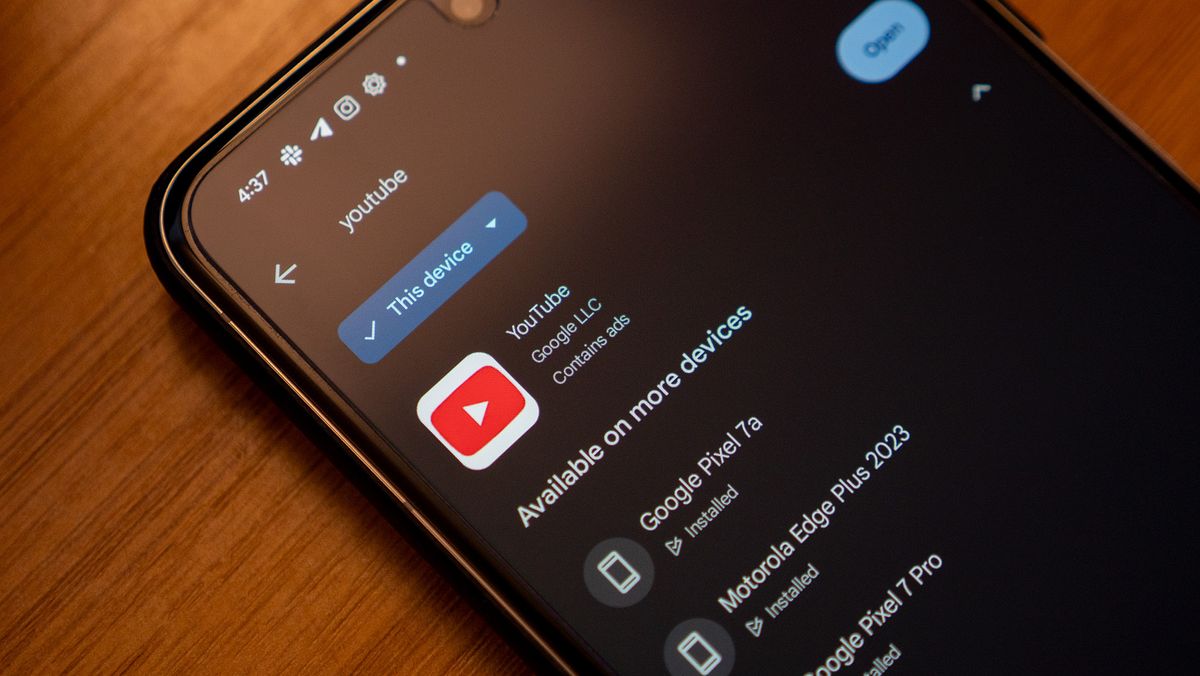Revolutionary AI: Real Singers’ Voices Transformed into Music on YouTube

Google’s DeepMind has developed a new AI music model called Lyria. It can create music with instrumentals and vocals in different genres and maintain rhythm, melody, and vocals over long passages. This is part of a collaboration with YouTube to develop AI music experiments.
One of these experiments is Dream Track, which allows users to create 30-second soundtracks for YouTube Shorts in the style of their favorite artists. Currently, only a select group of U.S. creators have access to this tool. However, it has already generated short clips mimicking artists like Alec Benjamin, Charlie Puth, Sia, and others. The tool can create music based on text prompts and humming and is set to be available to participants in YouTube’s Music AI incubator later this year.
While these AI music tools have the potential to revolutionize the music creation process, there are concerns about protecting artists’ intellectual property. Earlier this year, a song called “Heart on My Sleeve,” created using AI to sound like Drake and The Weeknd, was removed from streaming platforms and social media due to copyright issues. To address these concerns, Google is using a tool called SynthID to tag AI-generated audio with a watermark that is inaudible to humans, making it possible to track the origin of AI-generated music and prevent misuse.
This latest development from Google is an exciting leap forward in the world of AI-generated music, offering new creative possibilities for both artists and music enthusiasts. However, the company’s efforts to address copyright concerns and protect intellectual property demonstrate their commitment to ensuring the ethical use of AI technology in the music industry. As these tools continue to develop, it will be interesting to see how they shape the future of music creation and distribution.
